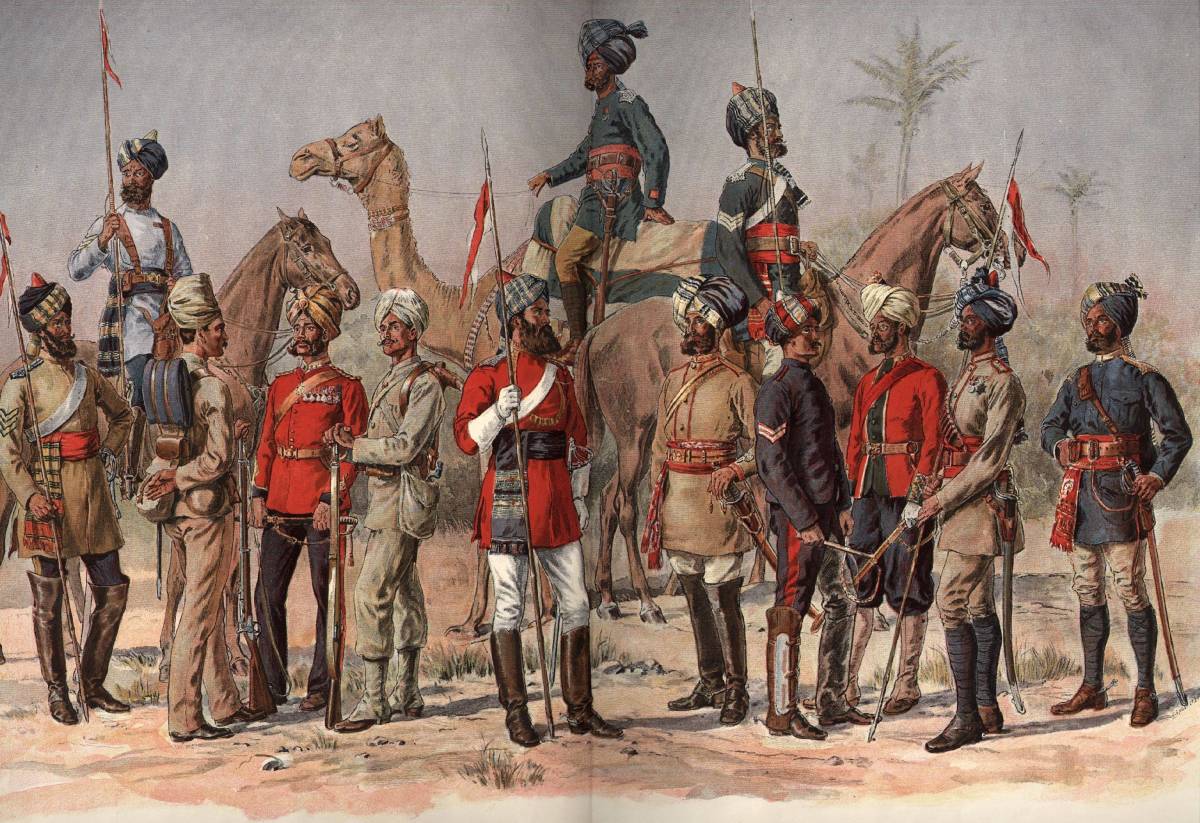- HubPages»
- Education and Science»
- History & Archaeology»
- History of Asia
Doctrine of Lapse; One of the Imperialist Policies of British in Colonial India

Introduction
After the settlement of English East India Company's domination over some parts of India, they thought to expand its domination in to other Indian states. From 19th century onwards Indian soil got the seeds of industrialization with the influence of British. So they required more raw materials. During this time, Indian states were richest with natural and other resources. The English East India Company saw India as a land for raw materials and market for selling their output or finished goods.
‘Doctrine of Lapse’ is one of the strategic and imperialist method adopted by the English East India Company in India to assure their domination. This ‘Doctrine of Lapse’ was introduced by one of the famous Governor General of British India, Lord Dulhousie.
What is ‘Doctrine of Lapse’
During the period of Governor General Lord Dulhousie (1848- 56), the administration of most of the Indian states were continued according to the inheritance system. According to ‘Doctrine of Lapse’, if any ruler of a protected states died without a natural heir, the states’ authority will pass to the English East India Company.
Before the implementation of ‘Doctrine of Lapse’ the court of directors of the English East India Company already captured some native states by the same movement like ‘Doctrine of Lapse’, which included domination over states like Mandavi in 1839, Jalaun in 1840 and Surath in 1847.
Anyway ‘Doctrine of Lapse’ was one of the imperialist policy of the English East India Company and which enabled them to bring many Indian states under their control. Some of such states are mentioned below.
Satara: Satara was the first state annexed by English East India Company through the implementation of ‘Doctrine of Lapse’. Appa Sahib, Raja or Ruler of Satara died in 1848 with out leaving a natural heir, but he himself adopted a son before his death to lead the native state. But it was unknown for the English East India Company. Finally Lord Dulhousie declared Satara as an annexed state of British in 1848.
Sambhalpur: The state came under the British domination just after the death of Raja Narayan Singh, who left without adopting a son to lead the country. It was in 1849.
Nagpur: Nagpur was one of the richest states in colonial India. Which was annexed in 1854 by the death of the Raja or Ruler of Nagpur.
Jhansi: Jhansi was another Indian native state which annexed in 1853
Abolition of Titles and Pension
Along with the ‘Doctrine of Lapse’ Lord Dulhousie refused titles of some rulers and their pensions. This was affected some of rthe native rulers like Nawab of Carnatic, Nawab of Surath and Raja of Tanjaore etc. Dulhousie was also refused to pay pensions for rulers, which affected rulers like Mughal Emperor Bahadur Shah II ( pension of 12 million Rupees per annul ) and Nana Sahib.
Conclusion
In short ‘Doctrine of Lapse’ was one of the imperialist or annexation policy of English East India Company in India under the Governor General, Lord Dulhousie to catch more Indian states. ‘Doctrine of Lapse’ enabled the English East India Company to expand their domination in to other Indian states. Along with the ‘Doctrine of Lapse’ the Governor General Lord Dulhousie removed titles of rulers of some states and refused to pay pension to local rulers. It enabled the company to increase their revenue. So, ‘Doctrine of Lapse’ is considered as a imperialist and annexation policy applied by English East India Company in India.









